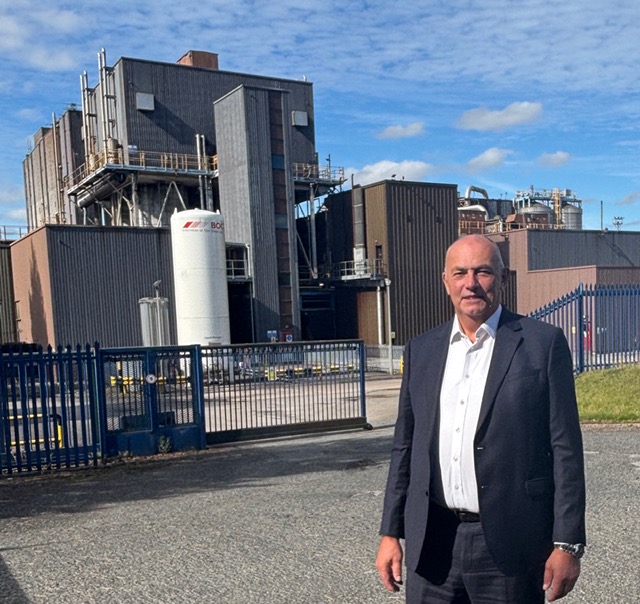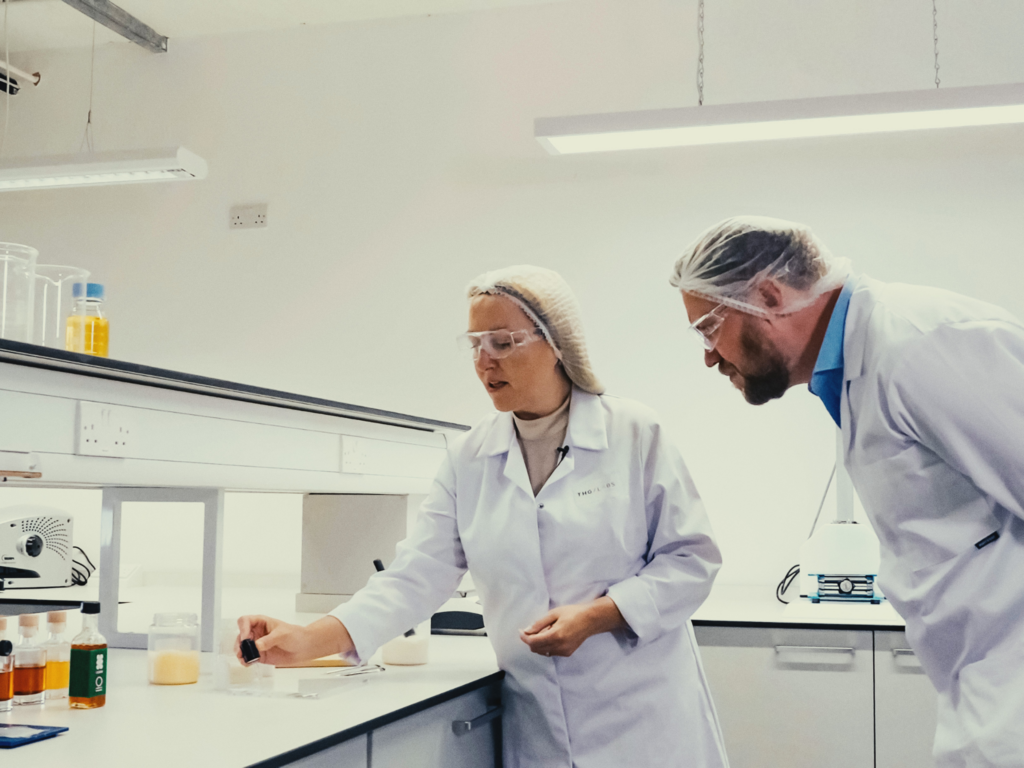
UK startup Clean Food Group has acquired the assets of Algal Omega 3, giving it access to a million litres of fermentation capacity to produce its yeast-derived oils.
Two weeks after securing regulatory approval in multiple markets, Clean Food Group has hit another major milestone with its sustainable yeast oils.
The British firm has acquired the assets of Algal Omega 3, a microalgal oil producer that went into administration in May, including its 12-acre site in Knowsley, Liverpool.
The deal gives Clean Food Group immediate access to one million litres of fermentation capacity – this, it claims, makes it the world’s largest manufacturer of yeast-derived fats and oils.
“With this acquisition, we have fast-tracked our route to market, leapfrogging the traditional, capital-intensive path from pilot to demo to new build commercial plant, which can take years and cost upwards of $100M,” said CEO Alex Neves.
Acquisition will slash costs and support commercial-scale production

Already recognised as a centre of biotech excellence, the Knowsley site houses extensive R&D facilities and provides a significant opportunity for future expansion. It joins Clean Food Group’s demonstration plant in Ledbury as a production hub for its yeast-derived lipids.
Clean Food Group has already validated its technology at commercial scale, completing a 60,000-litre production run to yield two tonnes of its oils last month, with support from Döhler Ventures.
This achievement showcases the robustness of the company’s tech platform and “derisks the acquisition” of Algal Omega 3, proving its ability to scale in existing manufacturing environments without building costly new infrastructure.
The transaction will significantly slash the capital expenditure for Clean Food Group’s sustainable fats, enabling it to price them competitively with agricultural equivalents across the food, cosmetics and pet nutrition markets.
“Clean Food Group’s decision to establish their new biotech manufacturing facility here is testament to the strength of our local skills base and the supportive business environment we have built,” said Tony Brennan, cabinet member for economic development at Knowsley Council. “This acquisition will not only create high-value jobs, but also positions our area at the forefront of biotech innovation in the UK.”
The firm has enlisted Bill Thurston, former managing director of Dawn Foods and CSM Bakery, as head of the Knowsley factory. Thurston is an industry veteran with extensive experience in oils and fats, having led the acquisition of Unilever’s edible fats business as CEO of CSM.
Clean Food Group plans Series A fundraise in 2026

Clean Food Group’s tech is based on a 10-year research effort from co-founder Chris Chuck at the University of Bath, which was aided by £7.5M in state funding. The firm uses waste bread to feed non-GMO yeast strains, which turn it into “bio-equivalent alternatives” to resource-intensive and highly polluting oils during fermentation, lowering production emissions by up to 90%.
Its proprietary Clean OilCell platform has spawned several products that can be produced at price parity to farmed alternatives. Clean Oil 40 is meant for confectionery and spreads, Clean Fat 50 for bakery and dairy, whereas Clean Protein+ is an emulsifier for mayo and pet food.
Meanwhile, Clean Oil 25 is meant for a variety of industries, including food and personal care. This month, the startup announced it had received regulatory approval to sell this ingredient for cosmetic use in the UK, the EU and the US.
Clean Food Group worked with THG Labs, the product development arm of UK personal care giant THG, and specialty chemicals company Croda, to create this oil.
“With commercial-scale validation already established at our new Knowsley facility, Clean Food Group is ready to capitalise on the $20B market opportunity ahead, and to advance its planned Series A funding round, now expected for H1 2026,” said Neves.
Sustainable alternatives to planet-harming tropical fats like palm and coconut are on the rise, especially as companies look to greenify their supply chains and lower emissions. The EU’s deforestation regulation was meant to accelerate this shift, banning the import of deforested palm oil, but lawmakers are planning to delay it by yet another year, citing IT problems.
The post ‘From Millilitres to A Million Litres’: Clean Food Group’s Yeast Oil Production Gets Big Boost appeared first on Green Queen.
This post was originally published on Green Queen.